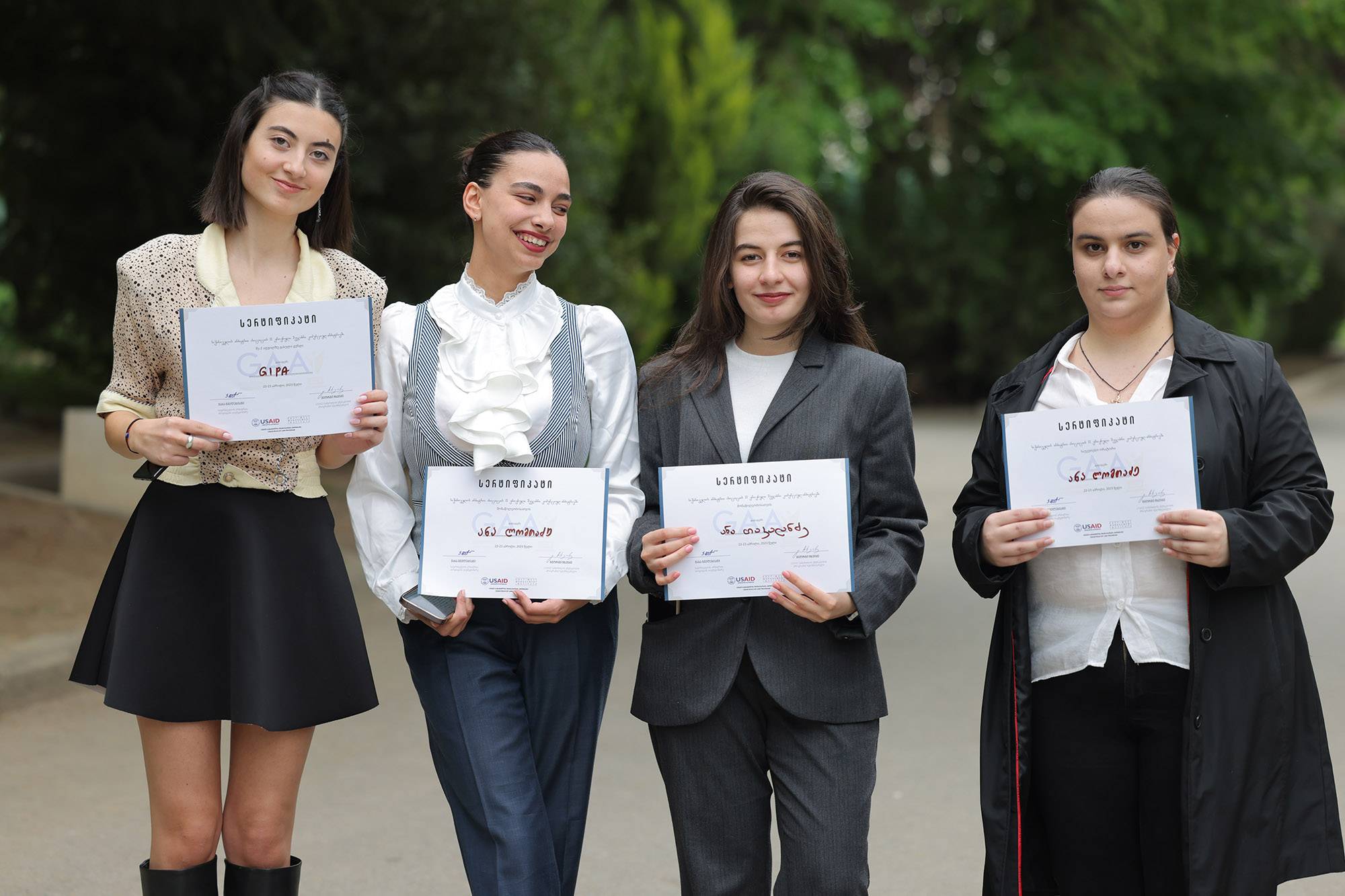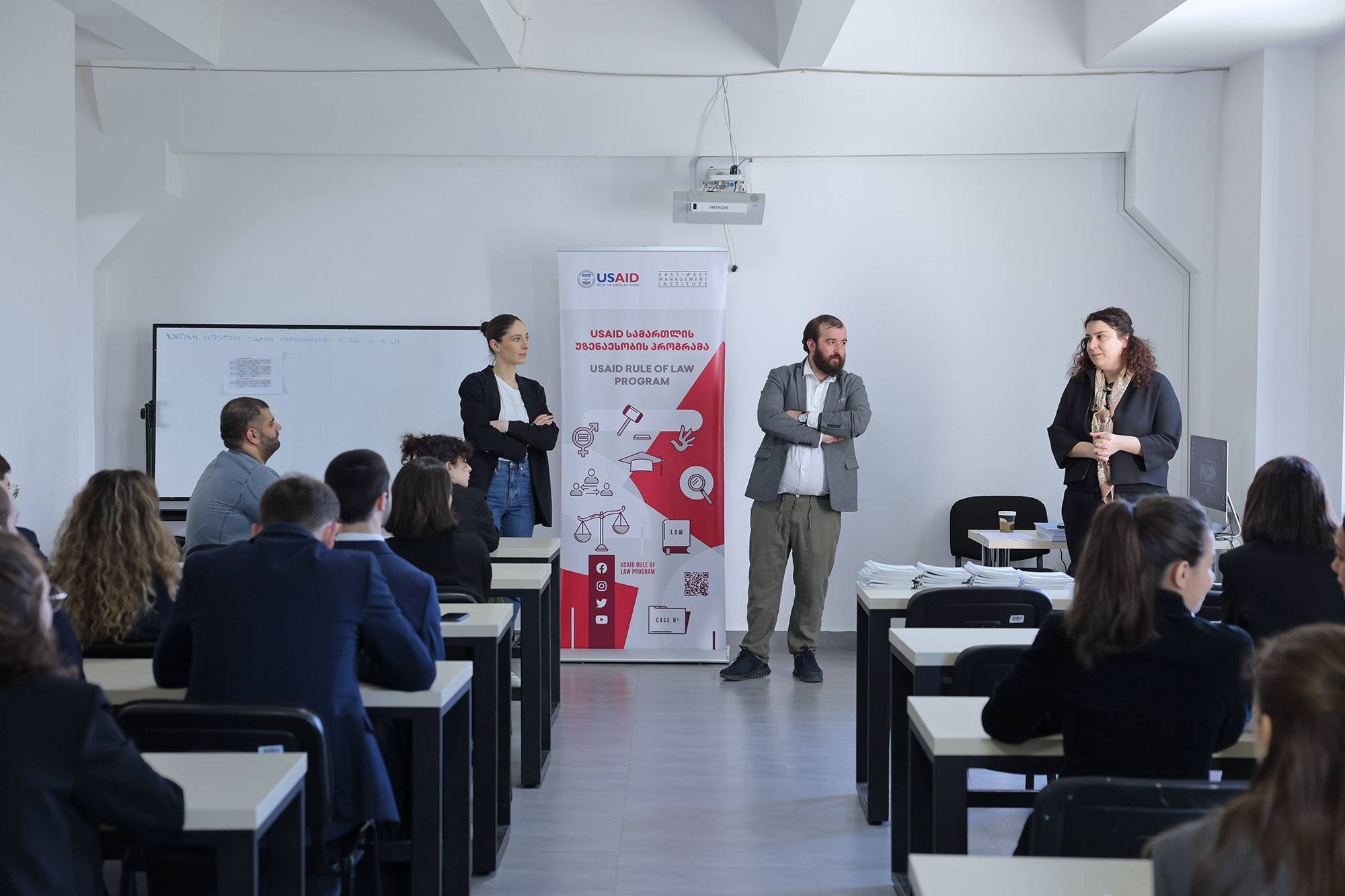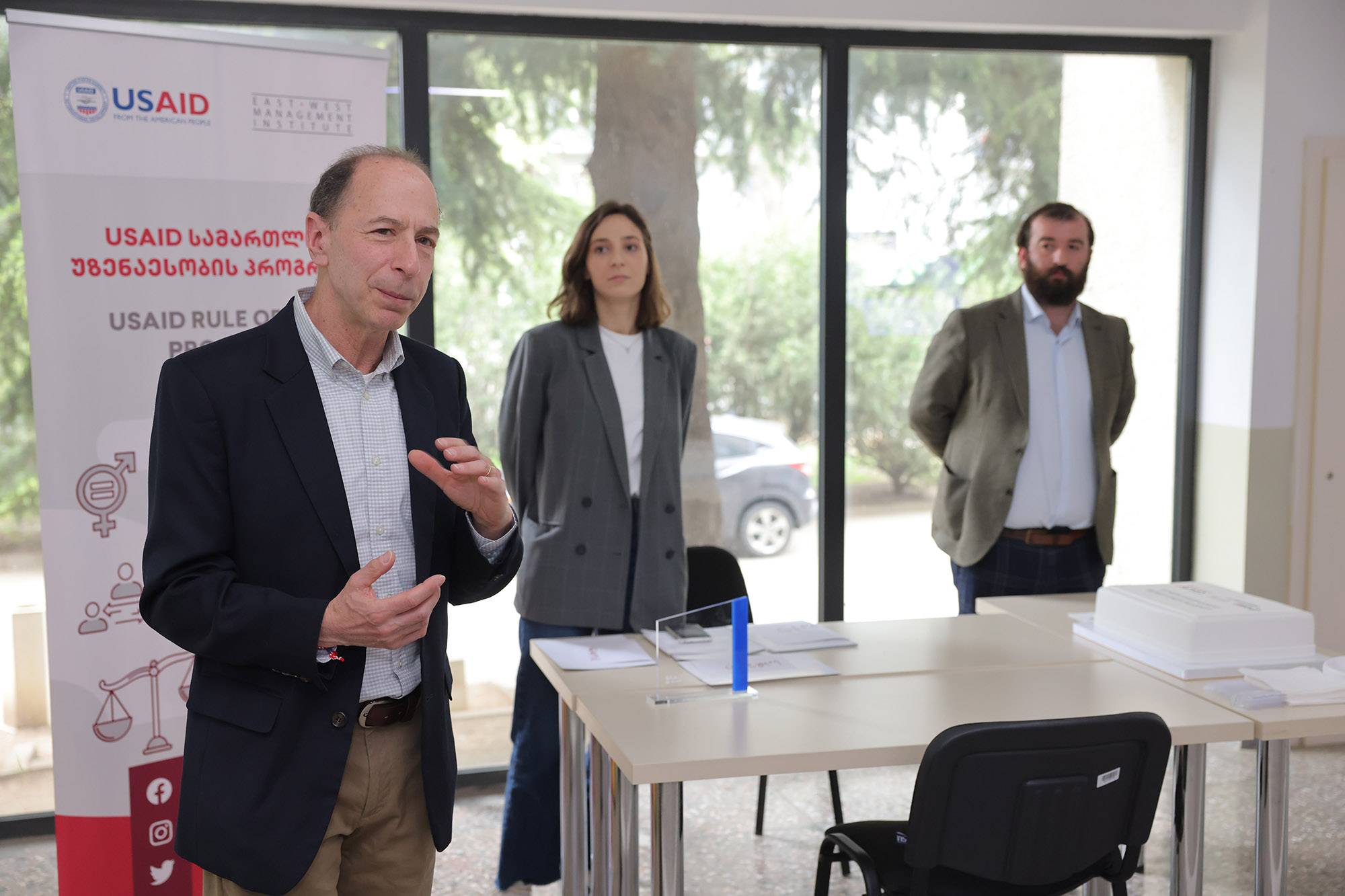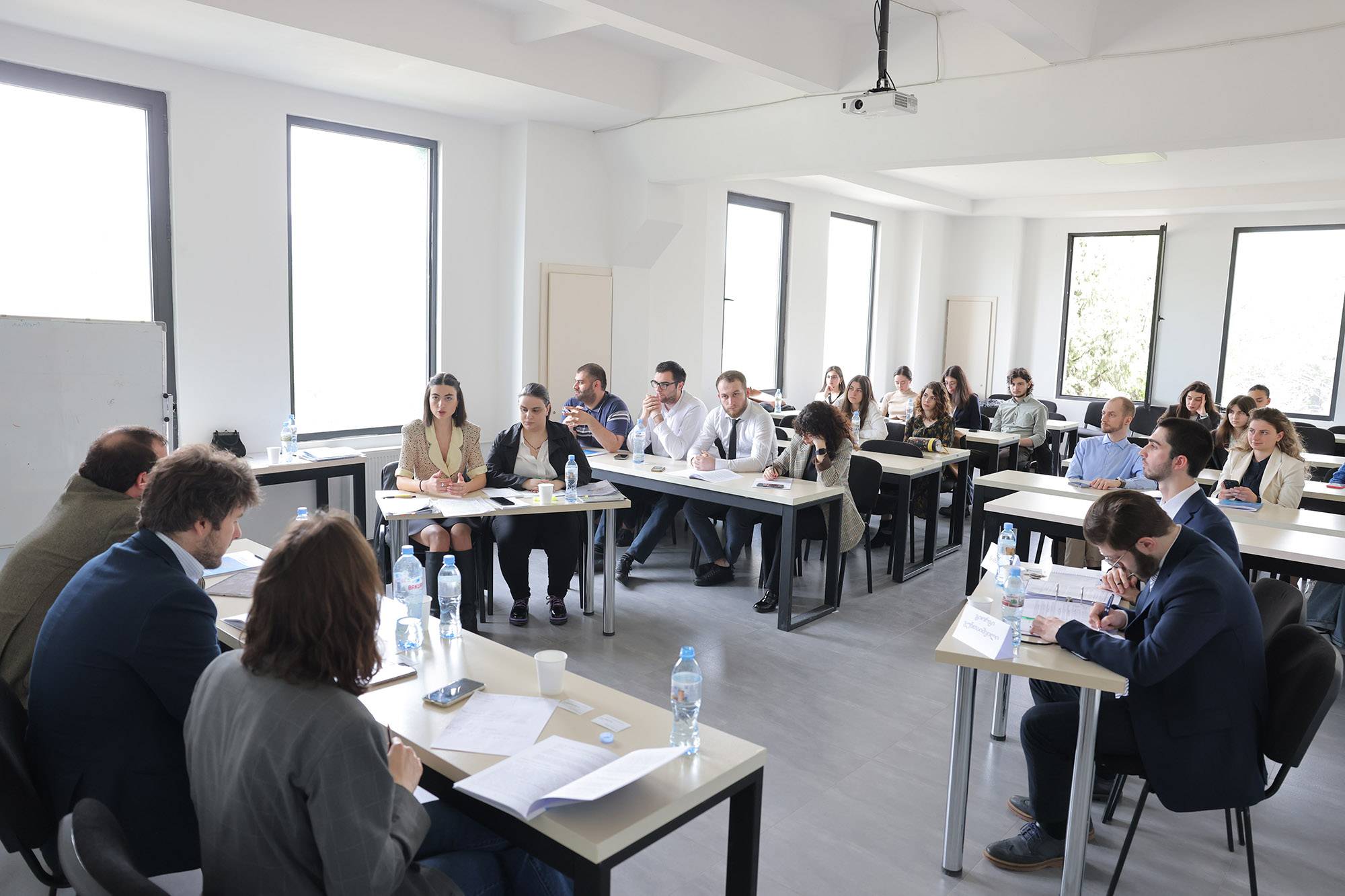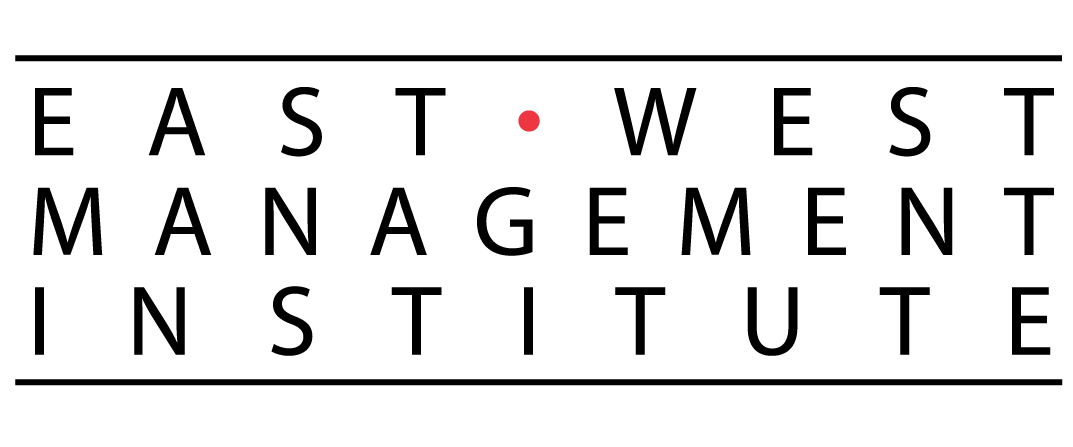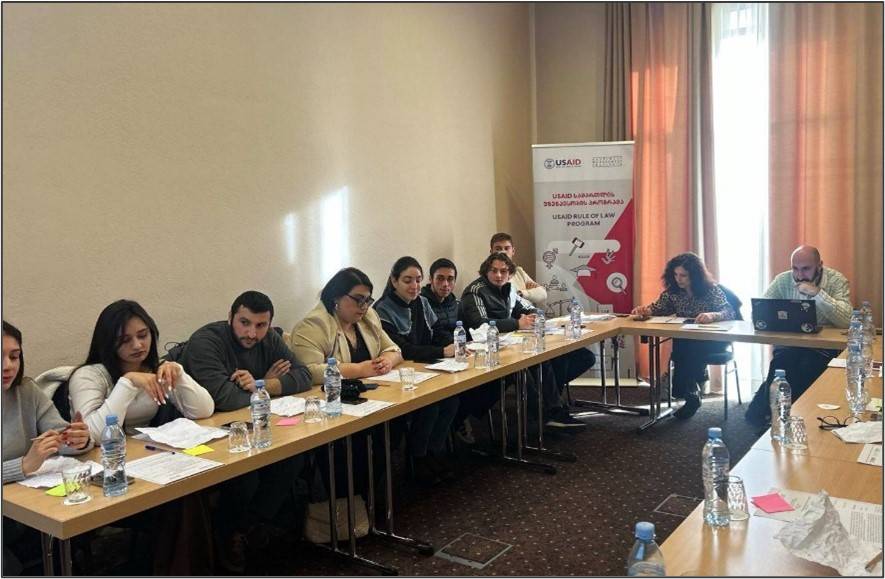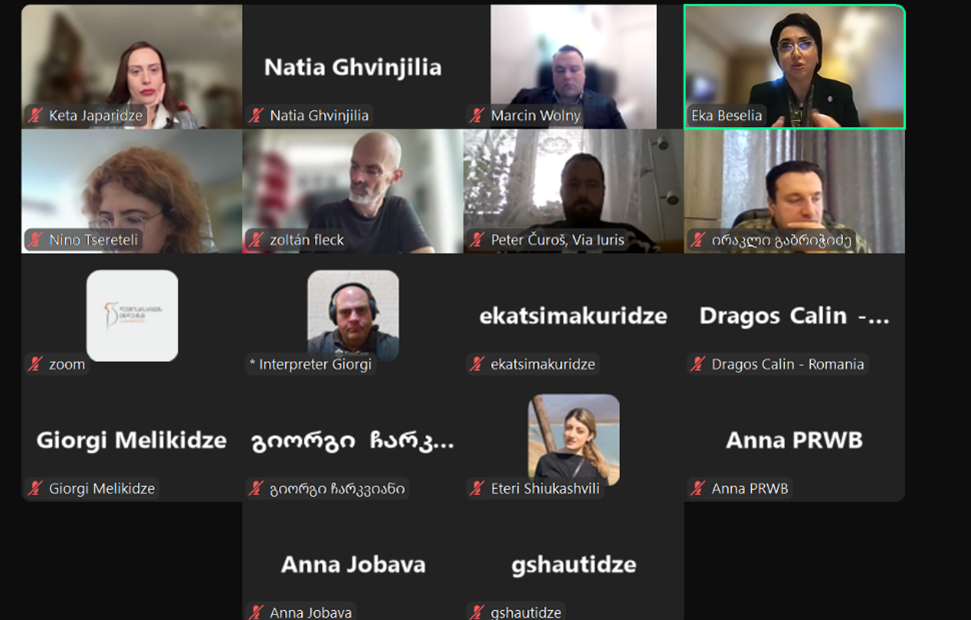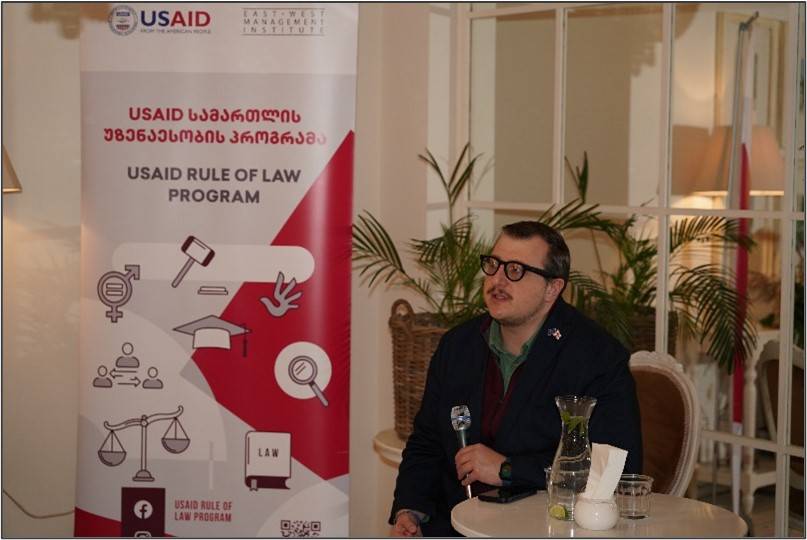Second National Moot in Arbitration
On April 22-23, 2023, the Georgian Association of Arbitrators (GAA) hosted the Second National Moot in Arbitration with support from the USAID Rule of Law Program.
The competition featured a case developed by GAA experts that dealt with important legal issues, including Covid-related force majeure, compensation for lost profits, and the validity of pre-arbitration dispute clauses. Eight teams registered for the competition, but only four teams made it to the oral rounds: Tbilisi State University, University of Georgia, Free University of Tbilisi, and Georgian Institute of Public Affairs (GIPA).
The arbitration rules involved were those of the International Chamber of Commerce (ICC), which is celebrating its centenary this year.
Participating students first had to prepare written memoranda on behalf of the claimant and respondent, and then had to present oral arguments to practicing lawyers serving as "arbitrators" during the moot. After two days of oral rounds, the two teams with the highest scores advanced to the finals: Free University and GIPA.
The arbitrator panel for the finals consisted of members of the GAA: Jaba Gvelebiani, Giorgi Kekenadze, and Teona Sesitashvili. Free University emerged as the winner of the GAA Second National Moot in Arbitration based on the unanimous decision of the arbitrators. Tbilisi State University and Free University received special awards for first and second place for best memorandum for the claimant, respectively. Free University and GIPA received special awards for first and second place for the best memorandum for the respondent, respectively.
Additionally, Ana Lomtadze from GIPA and Liza Kipiani from Free University were recognized as the best two individual speakers of the competition.
At the awards ceremony, USAID Rule of Law Program Deputy Chief of Party Neil Weinstein noted “the USAID Rule of Law Program is proud to support the development of practical skills training for law students in Georgia, including through competitions such as this. The many courses and competitions developed with USAID support provide Georgia’s future lawyers with the skills they will need when representing clients in the years to come.”
The national student arbitration competition provides students from universities around Georgia with the opportunity to advance their knowledge of arbitration, sharpen their legal writing and oral advocacy skills, and promote the use of arbitration.
Next year, GAA will focus on equipping the faculty and teams of regional universities with the necessary expertise and resources to ensure that there is sufficient local capacity for the preparation and representation of regional teams in this competition.
